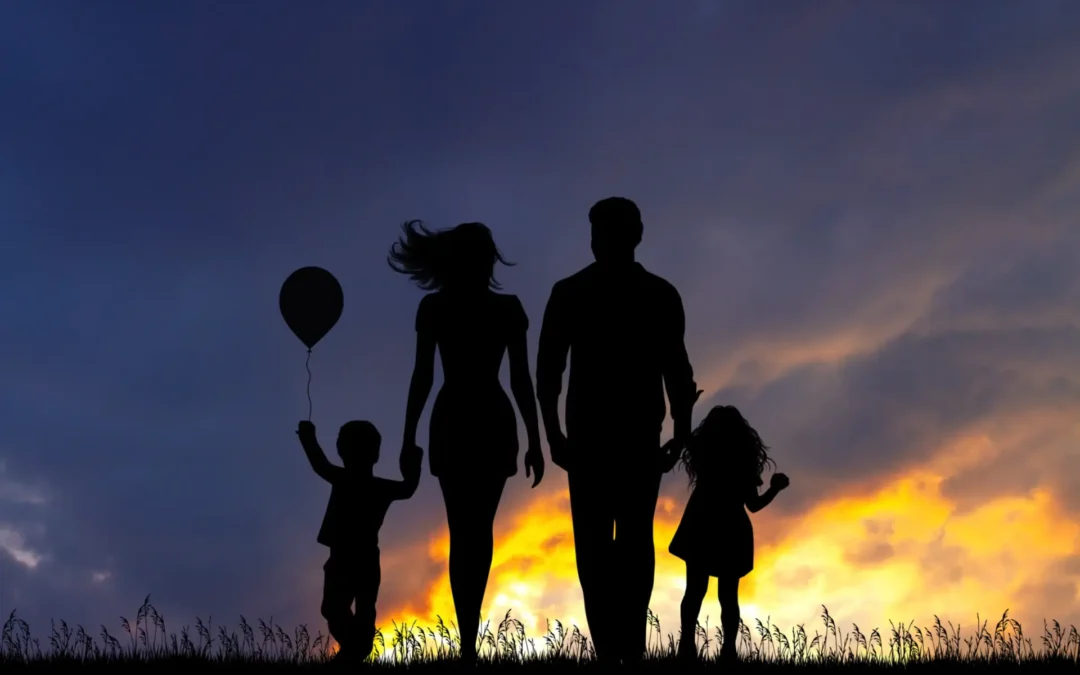Press Release: VOYCE
A report by the Mental Health and Wellbeing Commission released last week highlighted that not enough is being done to ensure the mental health and wellbeing of our young people. The report comes off the back of a second report released by the Commission which drew attention to the fact that one in four young people (12-17) yrs old, and 92% of 18 yr olds, requiring inpatient mental health care, are currently being admitted into adult services, simply because we do not have enough youth specific services across Aotearoa to meet our young people’s needs.
VOYCE – Whakarongo Mai contributed to the report and valued the commitment the Commission demonstrated in centring the voices of young people.
Mental distress and suicidal ideation are challenges that young people are facing across Aotearoa and urgent action is required to ensure young people receive the care and support they need. New Zealand currently records the highest rates of youth suicide (between 15-19 yrs) within 41 OECD/EU countries. In a survey completed by Youth19, 23% of young people surveyed had significant depressive symptoms, 6% had attempted suicide, and 19% surveyed expressed concerns that they struggled to get help when they needed it.

VOYCE – Whakarongo Mai believes there needs to be stronger recognition of the mental toll state care has on young people. In a report exploring the mental health of young people who had been involved with Oranga Tamariki, it was found that young people with an experience of state care were more than twice as likely to have had serious thoughts of suicide in the last year and more than four times as likely to have attempted suicide in the last year.
It is imperative the Government acknowledges the trauma associated with being uplifted from whānau and acts urgently to provide all young people in care, and with a care-experience, free access to mental health, counselling, and wellbeing support of their choice.
“Free access to mental health support should be a given, especially for any young person with a care-experience.” Says Ihorangi Reweti Peters, a young person with lived experience of the care system and also Regional Youth Council Chair for Te Wai Pounamu. “When an uplift takes place, that act alone is traumatizing! For people reading this report, what I’d like them to know is that young people (both those with a care-experience, and those without) are really struggling with their mental wellbeing. Something needs to be done about it.”
VOYCE – Whakarongo Mai believes it is vital that the Government takes seriously the trauma that results from tearing a child from their whānau and bringing them into state care and is backing Ihorangi’s call for the Government to act urgently to ensure young people within the care system, and those with a care experience, have access to the support and services they need to heal.
“It’s shocking that so many young people in care are struggling on a daily basis with suicidal ideation and mental illness, and yet the state is not intervening and providing the much-needed support we need,” says Ihorangi, before going on to highlight that mental health services alone are not enough to stem the tide of mental distress. Young people with a care experience are more likely to face housing deprivation, poverty and feel disconnected from their culture and community than their peers. Young people must have their basic human rights recognized, he says. They must have access to stable and supported housing, and enough money to ensure food can be kept on the table, because these all have an impact on mental health and overall wellbeing.
Lack of stability and access to basic needs are issues impacting the mental health of many young people. But for young people with a care experience, these issues are even more pronounced, says Ihorangi. “For those of us who have been in care, many of us haven’t had much stability in our lives. When you come into the care of the state, we expect that we should be guaranteed that the state will care for us and ensure that we are provided with stability. And yet that is often not the case. Upon transitioning out of care there is also no guarantee that we will have access to adequate housing or have the resources we need to ensure we have a roof over our heads and food in our stomach.”
VOYCE – Whakarongo Mai calls on the Government to urgently respond to the mental health crisis facing young people by acting to ensure that every young person in care and with a care experience has access to free mental health care, counselling, and wellbeing support.
The release of this report is another important acknowledgement of the mental health crisis facing our young people. As a nation we need to do more. We must act swiftly to ensure our young people have the care and support they desperately need.


Recent Comments